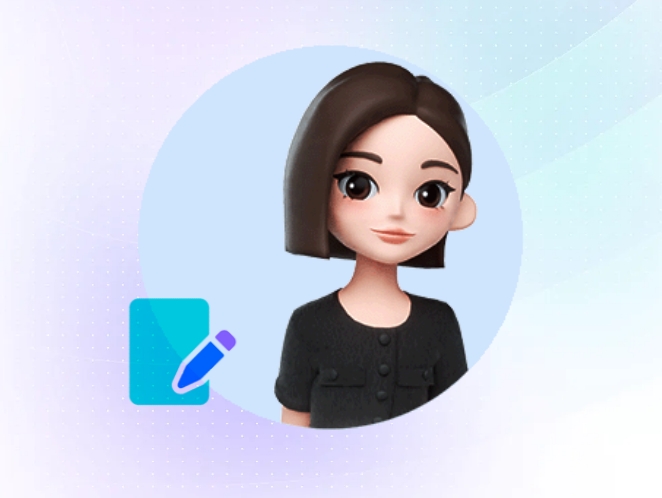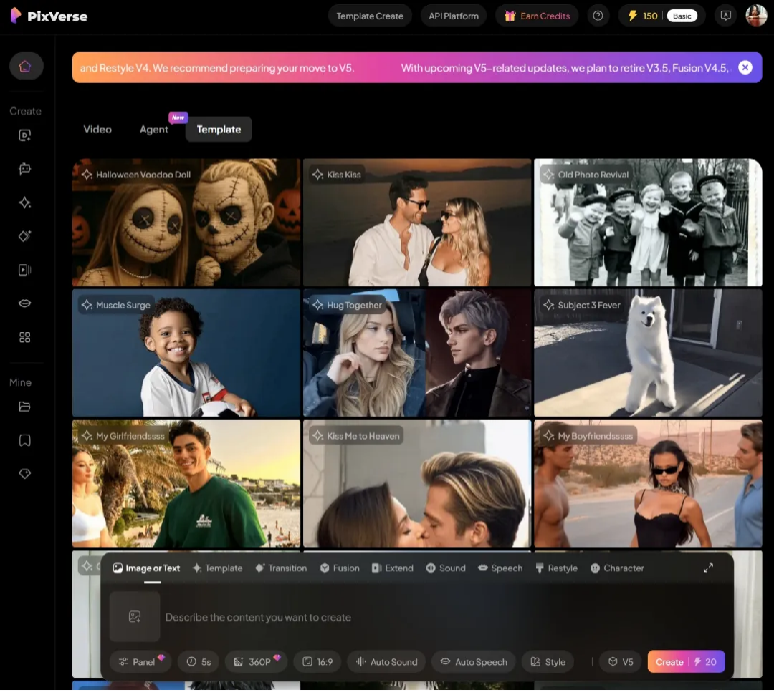Recently, the leader in the AI coding assistant field, Anthropic, announced that its highly praised terminal tool, Claude Code, will launch a web version, offering developers a more convenient access method. Compared to the traditional command-line interface (CLI) version, the web version of Claude Code does not require complex local configurations, allowing users to run AI-driven coding tasks directly through a browser, forming a direct competition with OpenAI's Codex CLI. AIbase has compiled the key highlights of this major update from publicly available online information, giving you an in-depth look.
From Terminal to Cloud: The Advantages of the Web Version
Since its beta release in February 2025, Claude Code has quickly become a powerful assistant for developers, thanks to its strong code generation, debugging, and project management capabilities. However, the CLI version required a Node.js environment and API key configuration, which posed a technical barrier for some users. The release of the web version breaks this limitation, allowing users to access all functions of Claude Code simply by logging in through a browser. This design is similar to OpenAI's Codex CLI, which also provides cloud access, meeting developers' needs for flexibility and convenience.

According to public information, the web version of Claude Code will run on the Claude3.7Sonnet model, supporting natural language instructions to generate code, debug issues, analyze codebases, and automate tasks. Whether for rapid prototyping or complex project code refactoring, the web version can seamlessly integrate into developers' daily workflows.
Core Features: Intelligence and Efficiency Combined
Code Generation and Debugging: The web version of Claude Code continues the powerful features of the CLI version, capable of generating code based on natural language descriptions, fixing errors, and optimizing code structure. For example, developers can quickly get solutions by entering "Implement a Python script for news summarization" or "Fix GitHub issue 123." The web version will also support multi-file operations, handling multiple files in a project simultaneously while maintaining code architecture consistency.
Context Awareness and Project Management: Thanks to the long context window of the Claude model, the web version can deeply understand the entire project structure, analyze the codebase, and provide context-related suggestions. Whether migrating code to a new framework or optimizing existing functions, Claude Code can offer precise guidance. Additionally, the web version supports MCP (Model Context Protocol) extensions, allowing developers to connect external tools like Git, Jira, or Figma, further enhancing automation capabilities.
Security and Privacy: Like the CLI version, the web version of Claude Code focuses on data security. Anthropic stated that all operations will run in isolated cloud environments, ensuring the privacy of code and data. For projects with strict privacy requirements, the web version offers similar localized support options as the CLI version, allowing developers to choose to keep sensitive data on-site.
Competition with Codex: Differentiation Advantages
The launch of the web version of Claude Code positions it to directly compete with OpenAI's Codex CLI. Codex CLI is known for its high performance based on GPT-5 and codex-1 models, especially in rapid prototyping and cloud collaboration. However, community feedback indicates that Codex may sometimes produce "nearly correct" code that requires additional manual review. Furthermore, Codex's output sometimes lacks a deep understanding of the overall project architecture.
In contrast, Claude Code is favored by developers for its deep reasoning capabilities and structured outputs. The web version is expected to further optimize user experience, providing a more intuitive interface and smoother interaction. For example, Claude Code can automatically generate clear execution plans for multi-step tasks and seek user confirmation before each operation, ensuring transparency and controllability. Community testing shows that Claude Code slightly outperforms in code quality and user experience, particularly in debugging and code refactoring tasks.
Application Scenarios and Developer Feedback
The launch of the web version of Claude Code provides convenience for various development scenarios. In personal projects, developers can quickly generate code frameworks or debug issues; in team collaboration, the web version allows non-technical members to participate in code reviews or task assignments via a browser; in automated workflows, combined with MCP extensions, Claude Code can achieve full-cycle automation from code generation to CI/CD integration.
Developer communities have high expectations for the web version. An anonymous developer said, "The CLI version of Claude Code has already saved me a lot of debugging time. If the web version maintains the same quality while simplifying the configuration process, it will definitely become my preferred tool." However, some feedback points out that the web version may face the same challenges as the CLI version, such as the need for further optimization in reasoning depth for complex tasks and possible delays in adapting to the latest APIs or frameworks.
Future Outlook: The Next Step for AI Coding Assistants
Anthropic has not yet announced the specific release date for the web version of Claude Code, but it is expected to enter the public testing phase by the end of 2025. AIbase speculates that the web version may be tied to the Claude Pro subscription or API usage, with free users facing certain functionality limitations. Meanwhile, OpenAI's Codex CLI continues to evolve, with community contributions driving its feature improvements. The competition between the two will further accelerate innovation in the AI coding assistant market.










